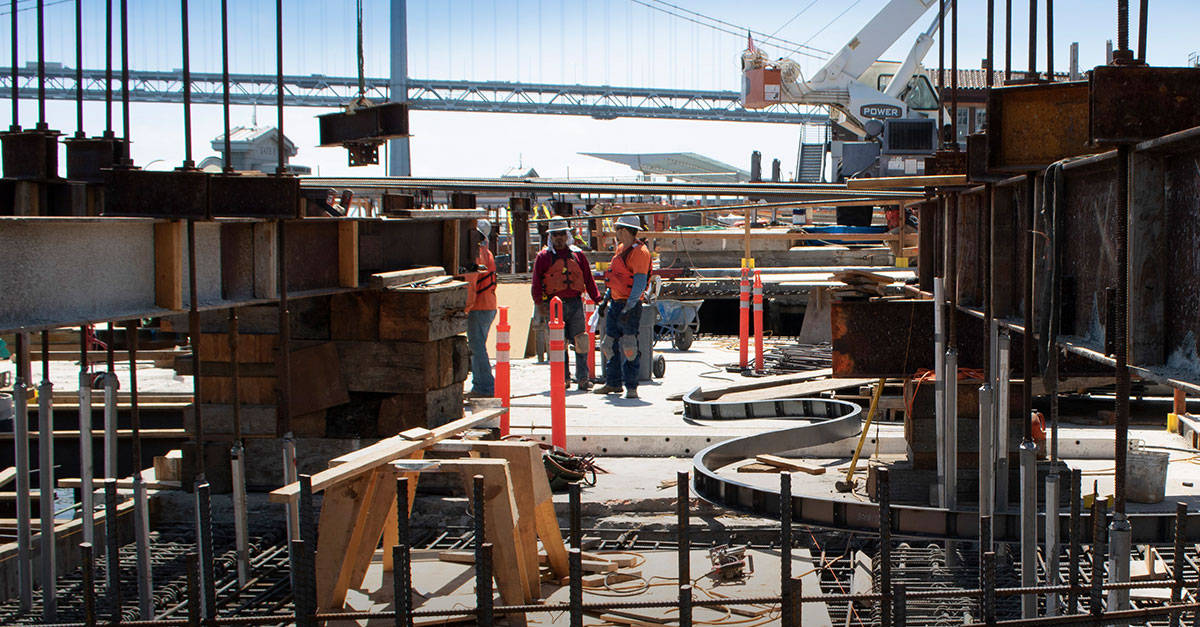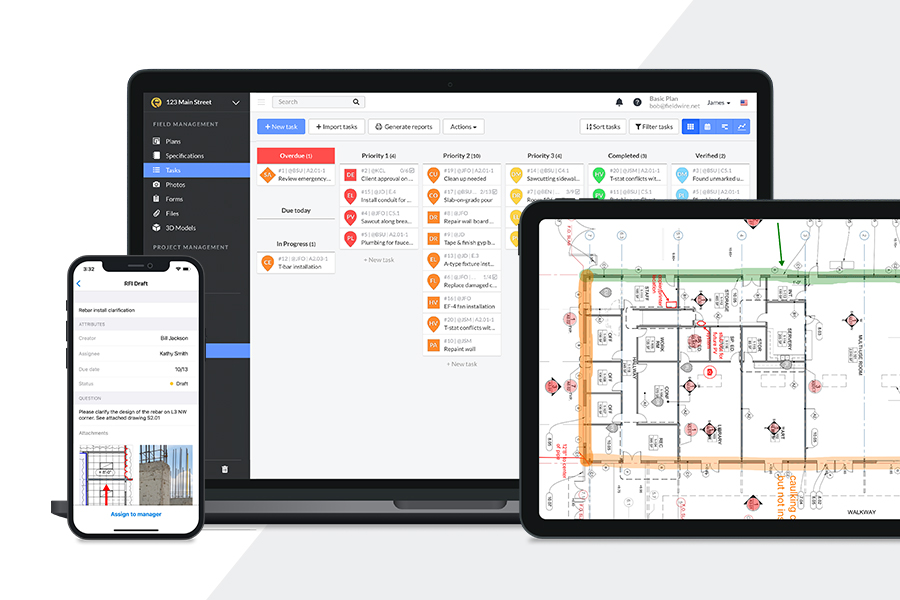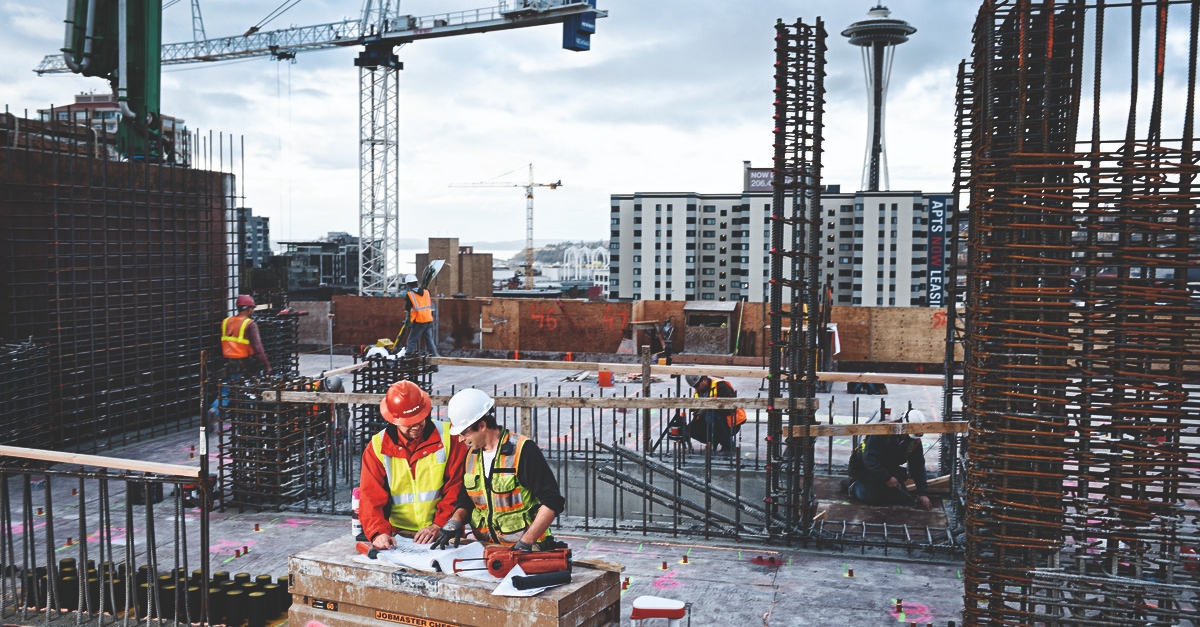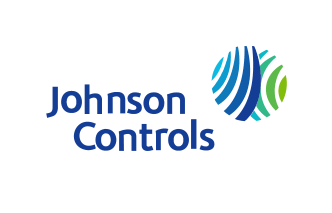Building resilience: 6 tips for managing stress in construction

Work-related stress has become the norm in many workplace cultures, but that doesn’t mean it’s acceptable. Stress is a precursor to many physical and mental health conditions, but many put their well-being on the back burner to prioritize work, pay and commitments. While this helps them stay afloat financially, it could also affect their wellness.
Professionals from many industries worldwide are plagued by work-induced stress — one such sector is construction. Here’s how workers can manage their stress to work to the best of their abilities and get more enjoyment out of their jobs.
Summary
Stress is a serious issue in construction, affecting nearly half of workers and contributing to high turnover, reduced focus, and safety risks. By promoting healthy habits, open communication, and supportive workplace cultures, professionals and managers can reduce stress and improve productivity. Managing workloads and seeking help when needed are essential for long-term wellness.
Takeaways:
- 47% of construction professionals report job-related stress, with suicide rates alarmingly high.
- Causes include heavy workloads, unsafe conditions, low pay, and stigma around mental health.
- Stress reduces focus, raises safety risks, and drives high turnover on job sites.
- Solutions include lifestyle changes, breaks, open communication, counseling, and supportive leadership.
- Encourage stress management practices and create a supportive workplace culture to improve wellness and safety in construction.
Are construction professionals stressed?
Construction professionals have a physically demanding and mentally taxing job.
One study found that 47% of construction professionals have job-related stress, with 12% saying their mental health is affected by their job. The suicide rates in this industry are also alarming. 2021 data recorded 56 male and 10 female workers per 100,000 die of suicide in the U.S.
Construction is seen as a “tough” industry, where most workers are muscular and bulky men. However, they must also be mentally strong, especially those who do the gritty outdoor jobs in all kinds of weather.
Reasons for stress in the construction industry
Because it is a male-dominated industry, a stigma is attached to talking about feelings and stress in the workplace. Many still think discussing problems is a sign of weakness and is not masculine. In addition, many professionals, especially younger ones, believe they do not have the authority or experience to voice concerns with management.
The construction industry also poses other reasons for stress among its workers, which include:
- Physically stressful work situations
- Inadequate work conditions
- Heavy workloads
- Pressure caused by delays
- Tight deadlines
- Low salary
- Fear of lack of work fueled by the COVID-19 pandemic
These internalize the problem, which manifests as mental health conditions such as anger issues, anxiety and depression. Some even take up harmful addictions like smoking and alcohol use to cope with the stress, and this could cause serious health complications.
Does stress influence projects?
Beyond causing mental health issues, stress can also impact site safety and workflow efficiency. Stress can cause physical wellness problems, such as muscle and bone issues, decreasing worker productivity.
In addition, stress can cause a lack of focus and an increase in absenteeism. It also takes workers’ attention away from the task, which can be fatal because it may compromise the safety and health of others on the site. It could also cause miscommunication among employees, delaying the project’s workflow. Many leave their jobs when the stress becomes unmanageable, resulting in high turnover rates in construction sites.
The sector’s fast-moving, high-paced nature could contribute to the mental health issues its community faces. Construction professionals must learn to address and manage their stress accordingly to improve their well-being.
Managing stress efficiently
There are many ways for the construction community to prioritize stress management. Here are some practical tips for improving mental health.
1. Focus on a better lifestyle
The first step to improving work-related stress is to focus on health, which includes getting adequate sleep, eating healthy food and staying hydrated with plenty of water. Workers should also exercise regularly to avoid physical health complications like musculoskeletal disorders, which affect 1.71 billion people worldwide. In addition, they can practice breathing and relaxation techniques for a few minutes daily and during stressful work sessions.
2. Learn safety precautions
Stress can cause distraction and increase workplace risks and accidents, especially when working with machinery. In the construction industry, safety is paramount and should not be compromised. For example, OSHA requires forklift drivers to be reevaluated every three years and receive refresher training after every accident. Workers must focus on their surroundings and be alert all the time. Learning safety and precaution tips could help a professional be attentive and resourceful in dangerous situations.
3. Take breaks
It is essential for a construction professional to take their allotted break time during working hours. This provides a recharging opportunity and helps them avoid burnout. They should also use their paid time off and get away from work occasionally to relax and rejuvenate.
4. Organize workloads
The workload is often a significant stressor for many. To combat this, workers can compartmentalize tasks and prioritize accordingly. This would make the job less daunting and reduce the sense of overwhelm.
5. Practice open communication
The most obvious way to reduce workplace-related stress is to communicate concerns and issues. Workers should talk to their supervisors or managers about problems. This would help solve the issues and allow higher-ups to offer support. Construction professionals should also speak to family and friends — sometimes, just having a listening ear can have a significant impact on mental health.
6. Seek help
If the stress seems too much to handle and is impacting productivity and well-being, workers should be willing to seek help and support from professionals. Some companies have employee assistance programs that include mental health counseling.
Improving the construction culture to be more conducive
Construction managers are responsible for ensuring productivity and safety at worksites. Therefore, they must improve the workplace culture if stress affects staff well-being and project efficiency.
For example, they could organize one-on-one sessions, coffee talks and team-building events with workers to foster a more facilitating environment. People feel better when they can share their problems, which leads to improved productivity and better health. The company could also entice new talents due to its approachable nature and focus on staff wellness.
In addition, contractors can provide mental health support through on-site counseling and tools and resources on stress management. Peer support helps because it enables others to share similar stories, so workers know they are not alone. It initiates a sense of belonging and community among staff, improving workplace culture.
Manage stress efficiently to improve wellness
Some stress might be beneficial, as it allows workers to perform better. However, too much can be harmful when it affects mental health and makes people sick. Construction professionals must have the tools to improve their stress management and invest in their well-being to perform their jobs to the best of their abilities.





















